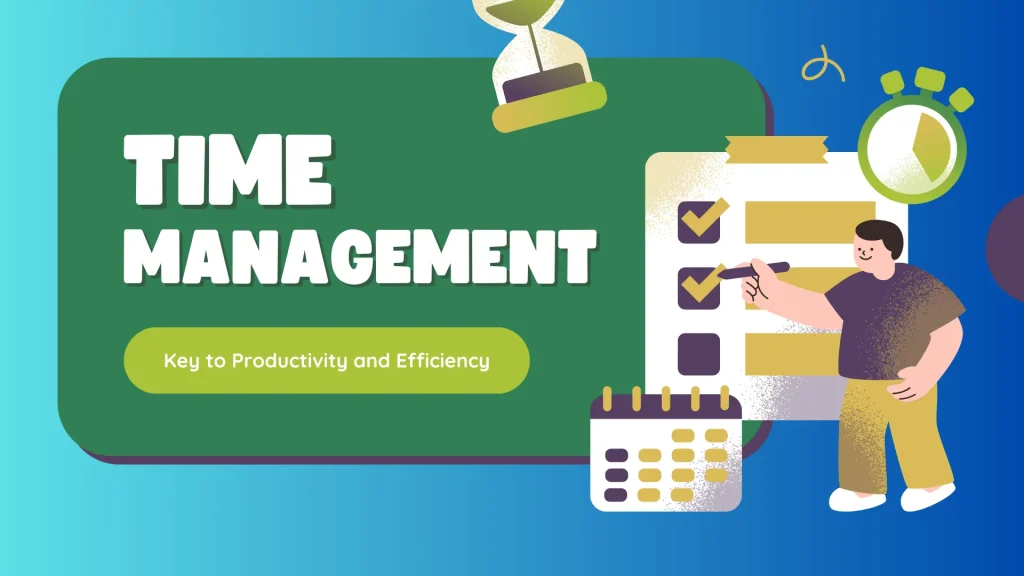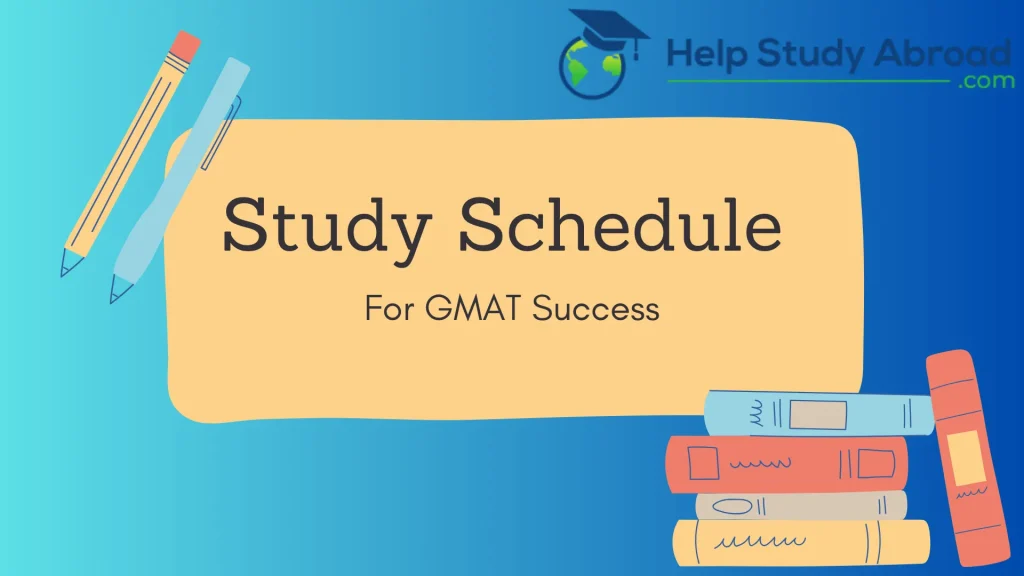Optimize Your GMAT Study Schedule for Better Results
Preparation for the GMAT can be difficult, but with a well-planned GMAT study schedule, quality resources, and steady practice, you can attain your target score. This guide will help you optimize your GMAT study plan for better results.
Understanding the GMAT and Setting Goals
👉Determine Your Target Score First
Determine a target score before beginning your preparation. Find out what average GMAT scores of accepted students into your target schools are and use that as a baseline. Target at least that average.
Decide on a test date. Be sure to factor in application deadlines, work schedules, and other commitments that may affect your preparation schedule and target score.
👉Base Assessment and Study Plan
Start by taking a practice GMAT to set your baseline score. Don’t worry so much about studying up before this one; just use the score to find your weak spots and plan your studies accordingly.
How to Build an Effective GMAT Study Plan
👉Prepare for the GMAT as Early as Possible
Take the GMAT when you are in “study mode,” hopefully near the end of your college semester. Avoid studying when things are hectic or when you have just graduated and are making a transition in the workplace. Remember, scores are good for five years, so you can take the test early and use those scores when you need to.
👉Plan Your Preparation Window Wisely
Plan your schedule with as little work and personal commitments in that particular period. If working, ask the supervisor to arrange a plan for you where you would be able to study constantly. Stick to a good plan of studying and commit to it.
👉Create a Realistic Study Schedule
Allocate 2–3 hours for GMAT preparation on three weekdays. On weekends, spend one day on a 4-hour study session and the other on a shorter 2-hour session. Try to make time for at least 12 hours of preparation per week for 10 weeks.
A 10-week GMAT study schedule
| Day | Time | Focus Area |
| Monday | 2–3 hours (Evening) | Quantitative section: Practice problem-solving and data sufficiency questions. |
| Wednesday | 2–3 hours (Evening) | Verbal section: Study sentence correction, reading comprehension, and critical reasoning. |
| Friday | 2–3 hours (Evening) | Integrated Reasoning: Practice interpreting data and solving multi-source problems. |
| Saturday | 4 hours (Morning) | Full-length mock test or sectional tests; review mistakes and analyze performance. |
| Sunday | 2 hours (Afternoon) | Review study notes, formulas, key concepts, and focus on weak areas. |
Tips for Execution:
- Customize by Skill Level: Adjust the time distribution if you need more practice in specific areas.
- Take Breaks: Include 5–10-minute breaks for every hour of study to stay focused.
- Track Progress: Regularly evaluate improvement using practice test scores and adjust the schedule as needed.
Study Materials and Resources for Your Use
👉Self-Study Options
One other cost-effective way to prepare for the GMAT is self-study. Here again, use free resources available online such as practice tests but invest in trusted prep books. Have a structured agenda for studying and practice questions under timed conditions to mimic the actual test.
👉Prep Classes and Private Tutors
If self-study seems too much, you may enroll in an in-person or online prep class. Or, you can hire a private tutor for one-on-one coaching. These options can be costly, but they can save you time by hitting exactly what you need to improve on.
👉Online GMAT Prep Courses and Study Groups
There are online prep courses that offer flexibility and expert instructors. You can also join or form a GMAT study group with friends. Studying with others keeps you motivated and provides insight into different approaches to solving problems.
Mastering GMAT Content
👉Quantitative Section Strategies
Review fundamental arithmetic concepts and practice official GMAT problem-solving questions. Learn data sufficiency strategies and apply them to real questions. Pay special attention to word problems, as they are a significant part of the test.
👉Verbal Section Strategies
Strategies for dealing with CR and RC questions will be discussed. Official GMAT questions will be practiced to further increase accuracy and speed. Greater emphasis will be placed upon solving harder CR and RC questions to prepare for tougher sections.
👉Integrated Reasoning, Analytical Writing
Stronger understanding of statistics and probability and combinatorics preparation for the Integrated Reasoning section. Practice in looking at data and solving real-word problems. Practice clear concisely structured essays that will be the main aspects of Analytical Writing.
Effective Time Management and Test-Taking Strategies

👉Time Management on Test Day
Practice effective time management by drawing quadrants on your scratch paper and labeling each quadrant with timestamps. Make your educated guesses on difficult questions and move on so you wouldn’t waste time. Ensure that you complete all questions in a section to avoid penalties.
👉Guessing Strategies and Managing Test Day Stress
Learn efficient guessing strategies for tough questions. Manage stress by practicing relaxation techniques and maintaining a positive mindset. Plan your test day carefully, arriving early to avoid last-minute anxiety.
👉Staying Motivated and Accountable
Track Your Progress and Celebrate Small Wins
Monitor your progress regularly. Make changes to your study plan according to your performance. Reward yourself for small accomplishments, like mastering a hard topic, to keep yourself motivated. Use a calendar to visualize your study schedule and keep track of it.
👉Adjusting Your Study Schedule Based on Progress
Review your weak areas weekly and give extra time to improve on them. Go back to difficult question types and try to master them. Continuously refine your study plan to address gaps in your preparation.
Final Preparations and Test Day Tips
👉Plan Ahead for Test Day
Decide in advance the order of sections you will tackle on the test. Plan to arrive at the test center early, allowing time for check-in and breaks. Have a clear idea of the minimum score you will accept and your next steps based on the outcome.
👉Get Enough Rest and Stay Focused
Ensure you get sufficient rest the night before the test. Keep your eyes focused and use the time management and energy management skills you have learned to master the exam.




